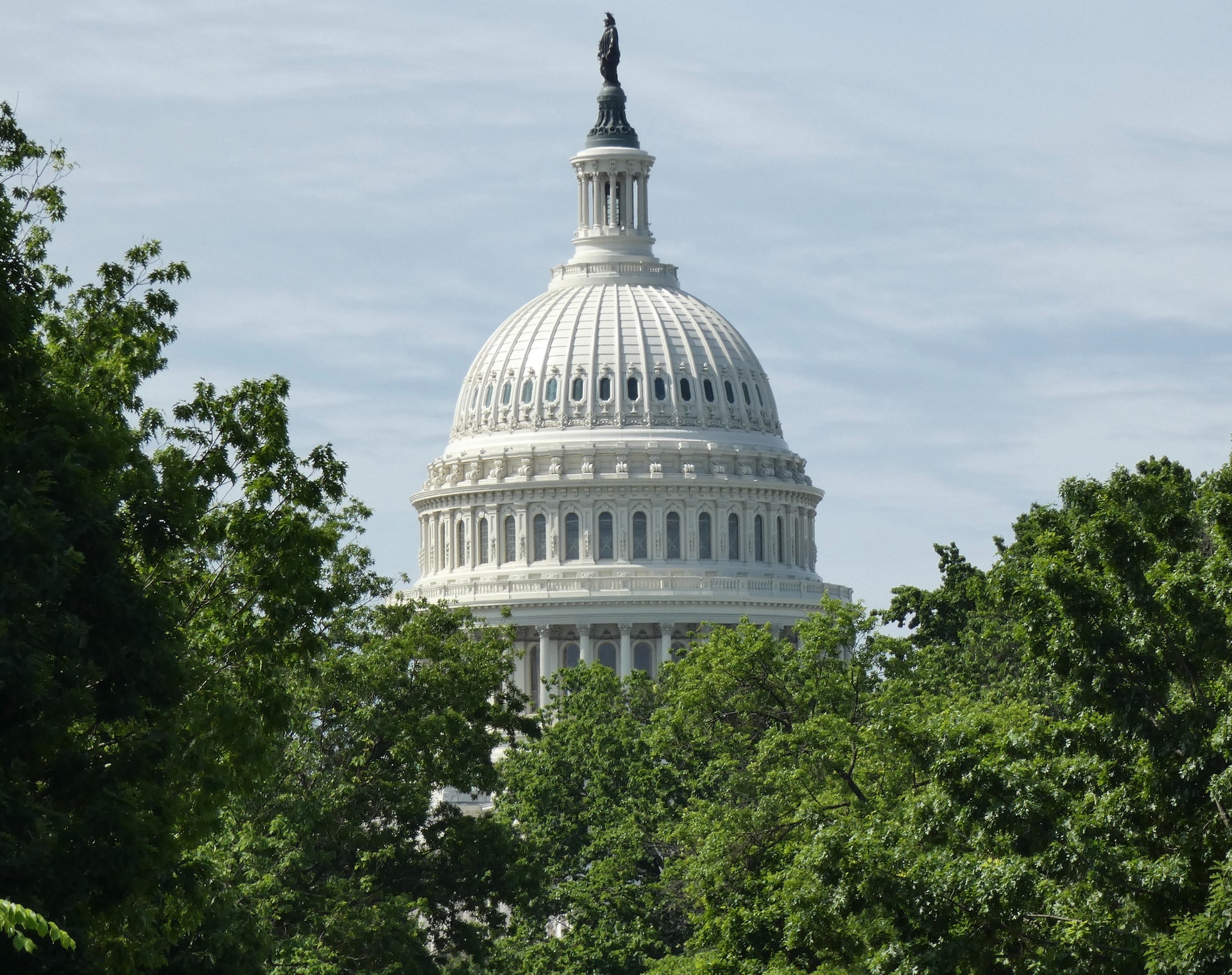Federal Government’s Bigger Role in Policing Fraud Might Be Paying Off?
On September 8, 2012, The Des Moines Register reported on the Federal Government’s new efforts to prevent Medicaid fraud.Medicaid is the primary source of health care for 58 million low-income and disabled Americans.The states are primarily responsible for overseeing Medicaid and preventing fraud.Since 2005, the government is playing a bigger role and has increased funding for states’ Medicaid Fraud Control Units.
From 2004 to 2010, government recoveries prosecuting Medicaid fraud have jumped from $573 million to $1.85 billion.The biggest enforcement efforts of the past two years include:
“Abbott Laboratories agreed to pay $1.5 billion to settle civil and criminal allegations that it illegally marketed the drug Depakote by promoting uses not approved by the Food and Drug Administration, by improperly marketing the product in nursing homes, and by paying kickbacks to medical providers and nursing home pharmacies. The settlement is the second-largest recovery ever obtained from a pharmaceutical company.”
“Eight drug manufacturers accused of unlawful pricing to boost their profits agreed to pay a total of $900 million to the government.”
“Pharmaceutical giant GlaxoSmithKline paid $750 million to settle allegations that it provided Medicaid-Medicare beneficiaries with drugs that that didn’t meet federal standards for strength, purity and quality.”
“Drugmaker Merck agreed to pay $950 million to settle civil and criminal allegations that it had illegally marketed Vioxx and made false claims about its safety.”
“Maxim Healthcare Services agreed to pay $130 million to settle allegations that it overbilled Medicaid and the Department of Veterans Affairs by claiming payments for services that were never provided or were performed by unlicensed individuals.”
Recently, new initiatives were announced to combat Medicaid and Medicare fraud by expanding background checks of virtually all care providers.Also, authorities may now monitor Medicare and Medicaid billings on a national level and can quickly analyze billings to identify patterns that may point to fraud.The new initiatives mean the “the government has moved beyond the traditional ‘pay and chase’ model of enforcement in which Medicaid and Medicare pay the providers first, then examine the billings, then try to recover any payments that shouldn’t have been made.”
U.S. Department of Health and Human Services Secretary Kathleen Sebelius and Attorney General Eric H. Holder Jr. have also announced a new unprecedented partnership between private insurers and the federal government.Together, the insurance companies and the government will look for suspicious billing patterns and indicia of fraud.


